I was born in 2004, eight months before the Boston Red Sox did the unthinkable. After falling behind 3-0 in the best-of-seven American League Championship Series (ALCS) against my beloved New York Yankees, the Red Sox came back to win the series.
I never thought I would hate a baseball team more than I hate the Boston Red Sox.
In 2020, news broke that the 2017 Houston Astros had orchestrated an elaborate cheating scandal with the fitting assistance of garbage cans. That same year, they had defeated the Yankees in the ALCS en route to winning the World Series.
After that, I never thought I would hate a baseball team more than I hate the Houston Astros.
That changed in a one-billion-dollar flash this offseason.
The Yankees’ 2023 season ended abruptly, with the team falling far short of the playoffs. In free agency, I hoped they would sign rising Japanese star pitcher Yoshinobu Yamamoto to bolster their middling rotation. I also had my eyes on two-way phenom and reigning American League MVP Shohei Ohtani, who could single-handedly fix the Yankees’ pitching and hitting woes. I didn’t expect the Yankees to acquire both, but a girl can dream, right?
Apparently not.
One team will begin the 2024 season with both Ohtani and Yamamoto, and it won’t be the Yankees. Instead, the already-spectacular Los Angeles Dodgers shelled out over a billion dollars for the two superstars. Ohtani and Yamamoto will remain in L.A. for 10 and 12 years, respectively.
You already know where this is going.
I don’t think I’ll ever hate a baseball team more than I hate the Los Angeles Dodgers.
But the rational part of me knows that I shouldn’t be mad at the Dodgers. It isn’t the Dodgers’ fault that Major League Baseball (MLB) doesn’t have a salary cap. It isn’t the Dodgers’ fault that no MLB rule restricts them from deferring almost all of Ohtani’s record-breaking contract to minimize their luxury tax hit. And it isn’t the Dodgers’ fault that they figured out how to beat the system and that no other team is willing to follow in their footsteps.
If I were a Dodgers fan, I’d be cackling. But I’m not a Dodgers fan, so instead I’m devising a plan to reinstitute parity in MLB: a salary floor.
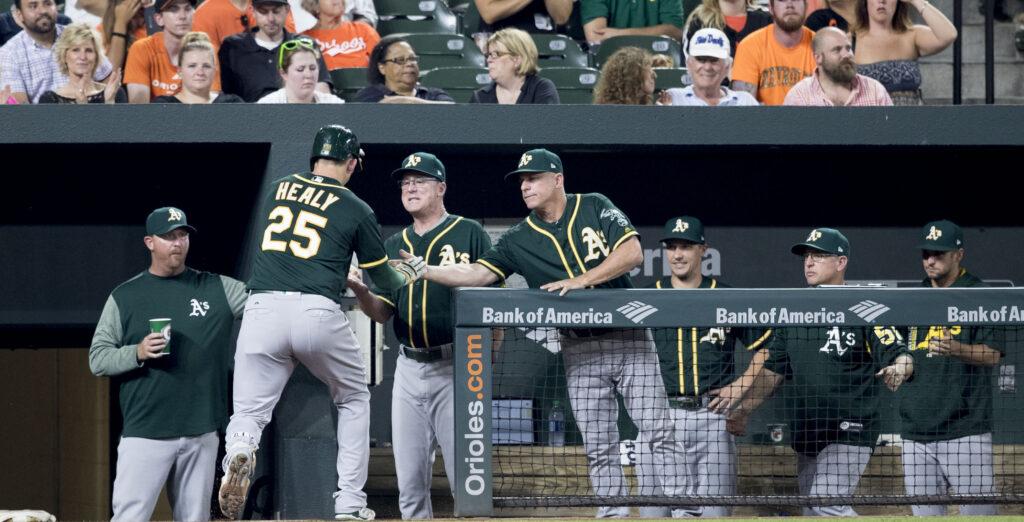
Of course, we cannot expect every team to spend as much as the Dodgers do. Not every team has that capability, and last year’s $353 million New York Mets have shown that all the money in the world does not guarantee a playoff berth.
But when the median league-wide payroll is nearly $175 million, it is unacceptable for a team like the Oakland Athletics to spend a comically low $44 million.
Perhaps I should direct my hatred toward the league that lets the Athletics get away with it.
Although MLB does not have a traditional salary cap, it does institute minor penalties on teams that exceed the Competitive Balance Tax threshold, which will stand at $237 million for the 2024 season. But while MLB has attempted to implement an upper limit on spending, no such penalties exist for teams that spend too little.
That is a disservice to fans of teams who refuse to spend.
Right now, nothing compels teams like the A’s to increase and maintain their payroll. They have shown no desire to win baseball games, and MLB has shown no desire to make them try.
The league’s playoff format illustrates just how ridiculous this is.
Following the 2022 season, MLB increased the postseason bracket from 10 to 12 teams.
Now more than ever, a barely-above-average team can sneak into the playoffs and take down a juggernaut. This is especially true due to the nature of the sport — even the best MLB teams lose 40% of their games. In contrast, the top football and basketball teams are overwhelmingly likely to win against an inferior opponent.
The Dodgers have illustrated this perfectly. In 2023, despite winning a whopping 100 games they lost in the first round of the playoffs. In 2022, they won 111 games and still lost in the first round of the playoffs. In 2021, they won 106 games and lost in the second round of the playoffs.
Each time, a weaker team on a hot streak beat their talented but slumping roster.
So if the A’s spent a little more — enough to have a chance at making the playoffs — they could plausibly edge out a powerhouse like the Dodgers. But a $44 million team will never come close to the postseason.
I know. I’m a Yankees fan griping about salary parity in MLB. But as you play me a symphony on the world’s tiniest violin, know that this is about more than just the Yankees.
MLB must intervene — and a salary floor is the only solution that would force an apathetic team to spend.








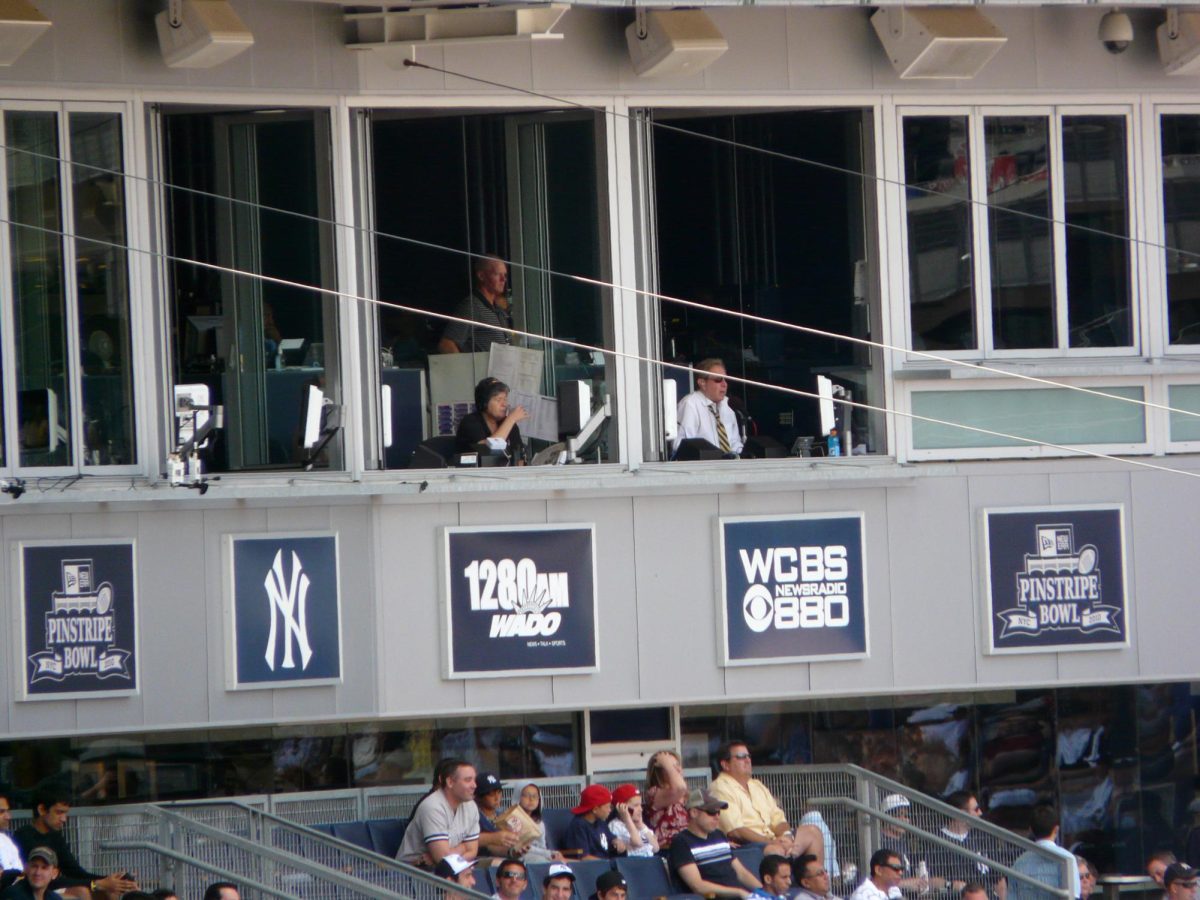

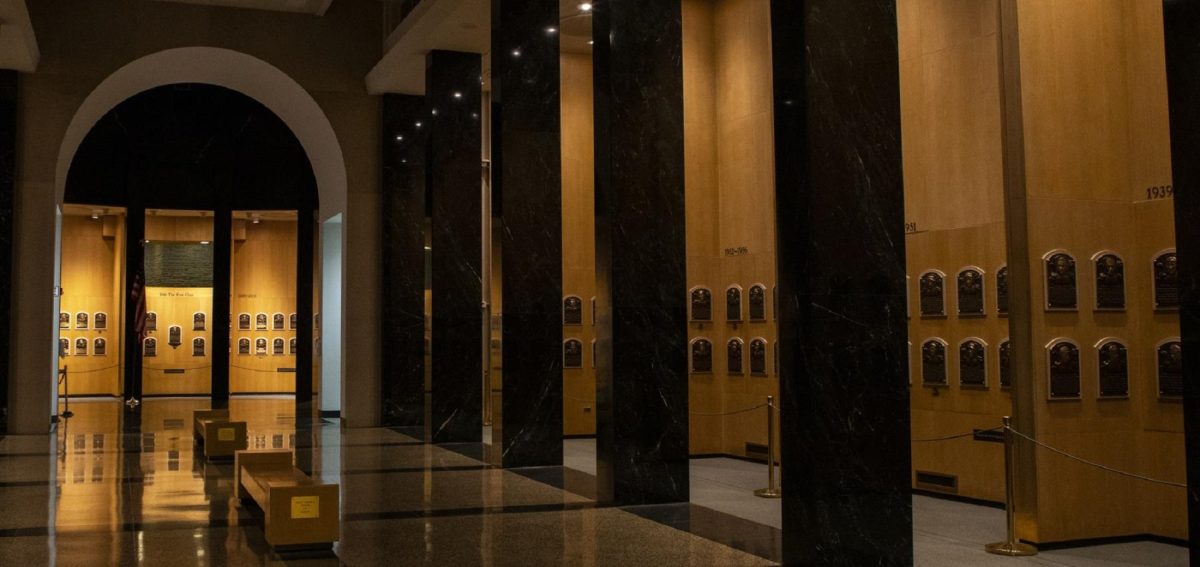
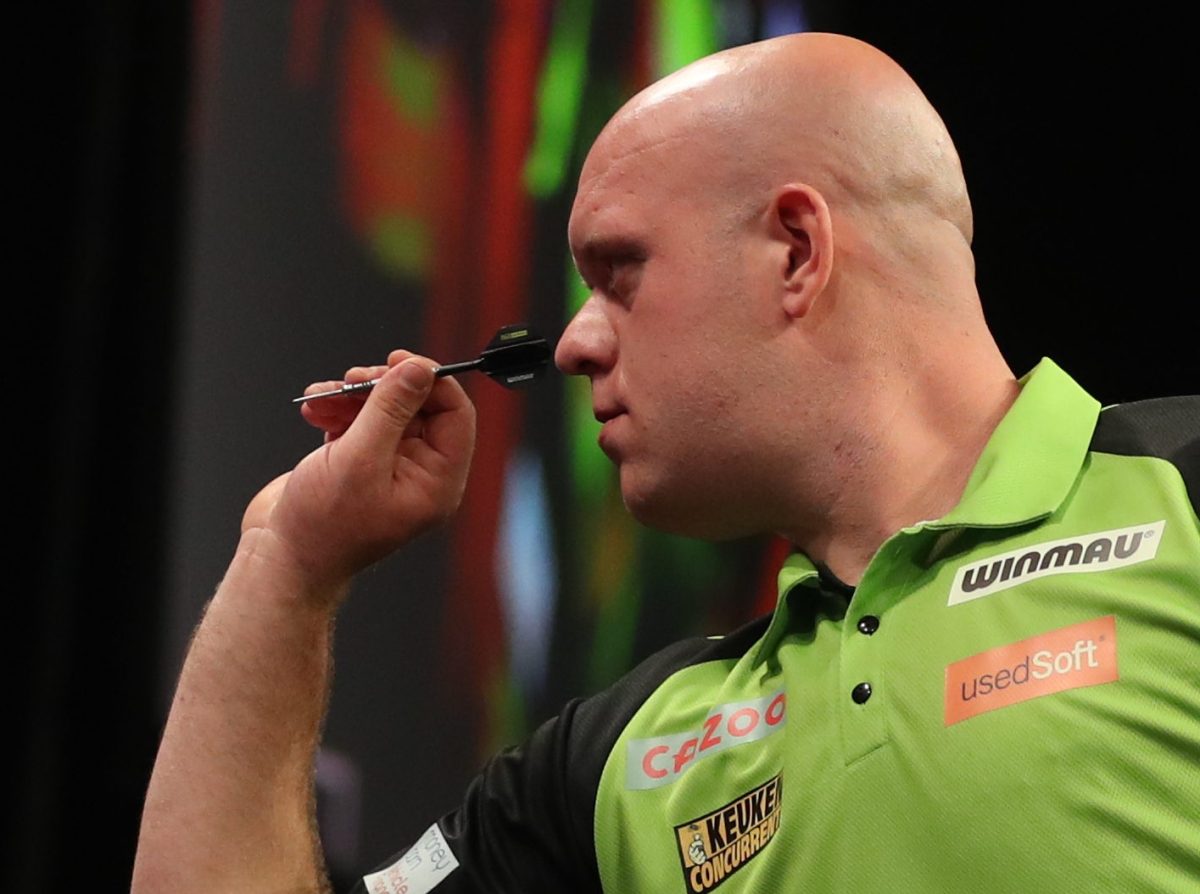
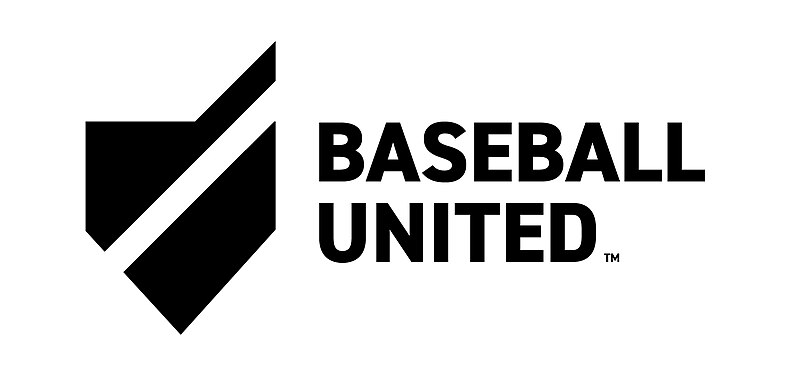


Mon Key • Jan 20, 2024 at 7:18 am
This is a brilliant analysis.